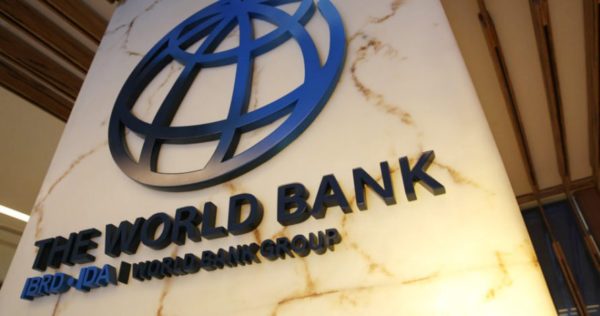
W/Bank Seeks To Boost Electricity Trade In West Africa
The World Bank Board of Directors has approved a total of $300m in International Development Association credits and grants to support reforms that will help promote electricity trade in West Africa.
“The West Africa Regional Energy Trade Development Policy Financing Programme seeks to remove barriers to electricity trade, which will lower electricity costs for consumers, support the competitiveness of firms and improve resilience and reliability of supply,” the World Bank said on Wednesday.
According to a statement on its website, currently, only 50 per cent of the population in West Africa have access to electricity, and those who do, pay among the highest prices in the world – more than double those of consumers in East Africa.
It said over the past decade, member countries of the Economic Commission of West African States had been working — through the West Africa Power Pool — towards a fully integrated power market.
The statement said within a few years, they would have completed the primary interconnectors that would link them together.
According to the World Bank, the West Africa Energy DPF supports a policy reform programme being implemented by Burkina Faso, Côte d’Ivoire, Guinea, Liberia, Mali and Sierra Leone, to facilitate trade in cleaner low cost electricity generated from gas, hydropower and renewable energy across borders.
It said this would replace the more expensive electricity generated from inefficient small-scale oil-fired and diesel generation and improve the reliability of electricity services.
The World Bank Vice-President for Western and Central Africa, Ousmane Diagana. “West Africa has huge potential for clean and green energy generation, which countries can unlock and pool together to bring lower cost electricity to communities and help create jobs.
“The West Africa Power Pool has done the fundamental work of interconnecting national grids, and it is now time to realise the full strength of the regional power market. Coordinated policies paired with effective institutions and regulatory frameworks will help improve trust in the electricity trade and usher in a new era of affordable and reliable energy in West Africa.”
According to the statement, the new operation supports a regional energy reform programme set out in three pillars.
It said, “The first aims to increase confidence in the enforcement of commercial arrangements by supporting payments and enforcement mechanisms relating to energy trade.
“The second supports the implementation of least cost investment decisions that consider regional options and that promote competition. The third supports transparency, by addressing creditworthiness of national power utilities and keeping the market informed on key investment decisions that impact demand and supply.”
